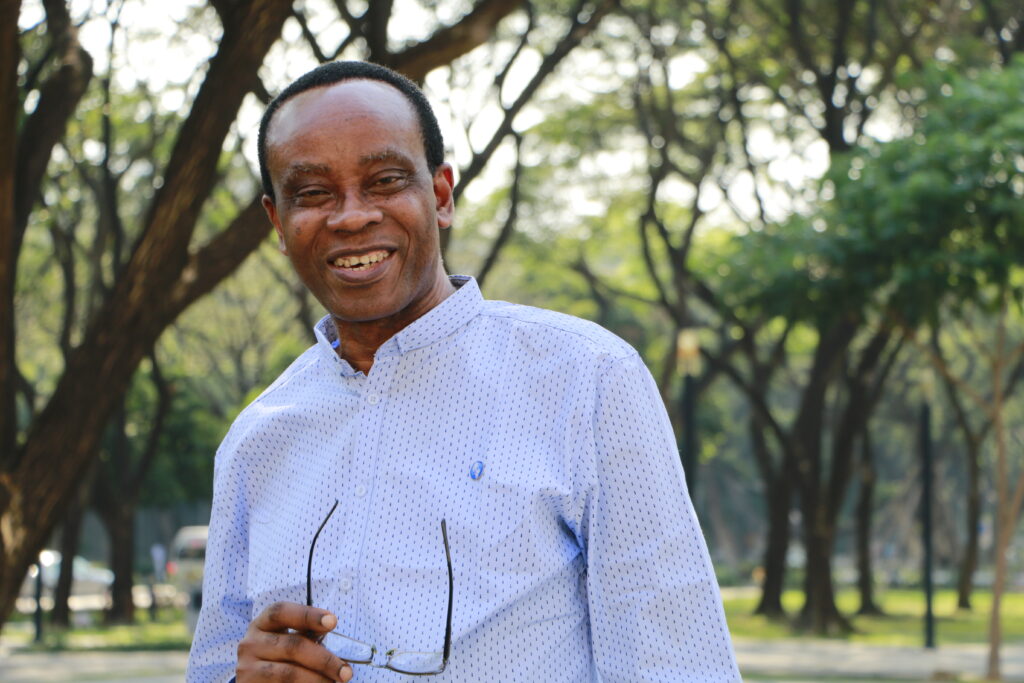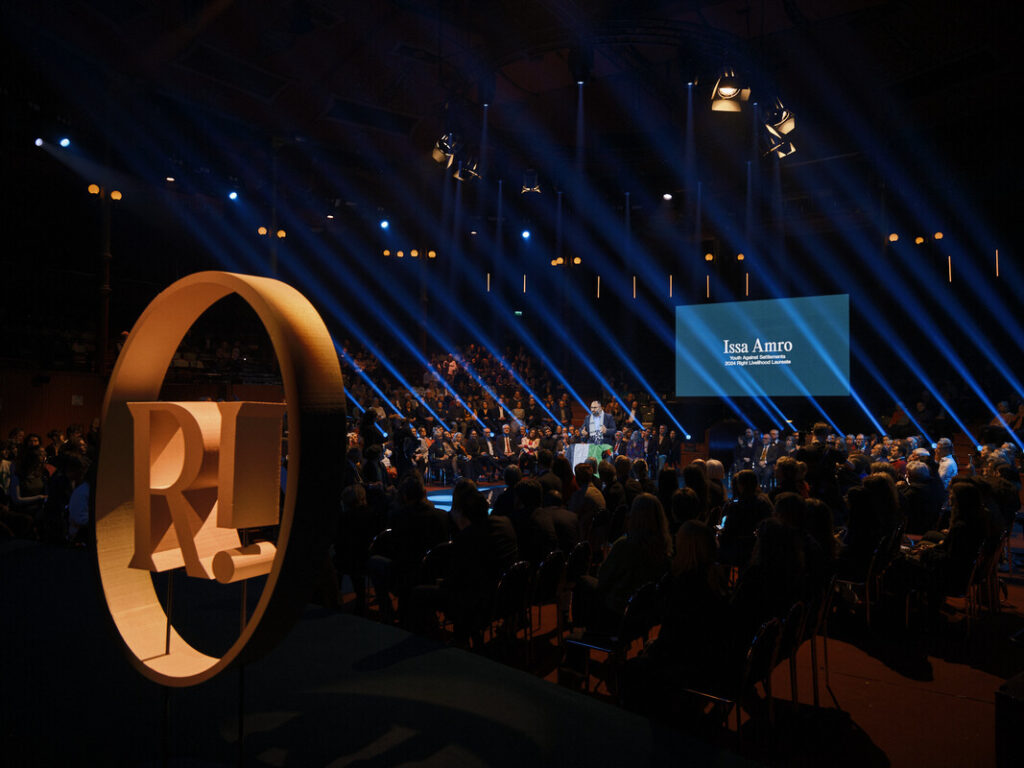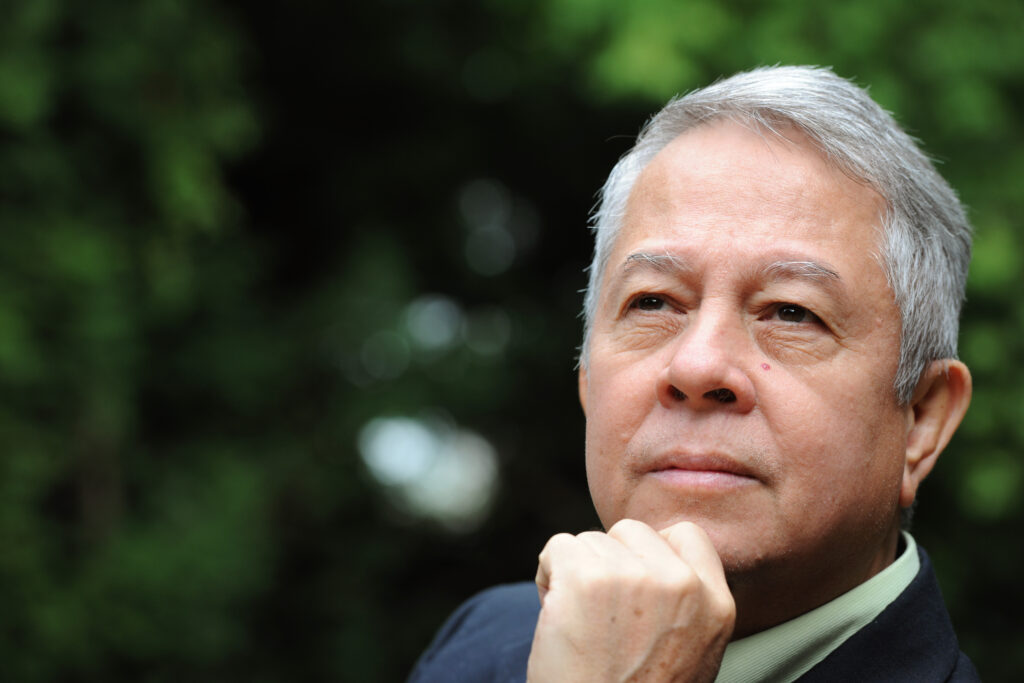Guatemalan human rights defender and 1992 Right Livelihood Laureate Helen Mack-Chang has spent decades fighting impunity following the extrajudicial killing of her sister, anthropologist Myrna Mack. Speaking during the UN Commission on the Status of Women (CSW) in New York in March 2025, she shared how corruption and impunity fracture democracy, silence dissent and disproportionately impact women, especially in Latin America.
Q: How do corruption and impunity harm democracy and social justice in Latin America, especially Guatemala?
Helen Mack-Chang:
Corruption is everywhere, and it deeply fractures democracy and social justice. For years, people have discussed this as a political crisis, but the economic dimension is often ignored. The extreme inequality, massive gaps in wealth and opportunity, leads to frustration and conflict.
Power doesn’t always come from money. Sometimes it’s simply the feeling of being above others. When we lose our principles and values, society fragments. Social justice is essential for peace, and without it, we’ll never achieve lasting stability.
Q: Can you share concrete examples of struggles against impunity in Guatemala or the region?
Helen:
One of the most emblematic cases is the Odebrecht scandal, which affected the entire region. In Guatemala, it exposed high-level government corruption. Even with clear evidence, some of it confirmed by Brazilian authorities, many officials were acquitted. It showed how deeply the justice system had been manipulated to protect the powerful.
The case also triggered revenge against those pursuing justice. Much of the progress made in Guatemala was reversed because of efforts to protect impunity.
Q: What tactics do corrupt actors use to silence critics and maintain impunity?
Helen:
Fear. They rely on fear campaigns to stop people from protesting or exposing the truth. And when fear isn’t enough, they turn to criminalisation. That’s how they maintain control.
Q: In what ways do corruption and impunity have a disproportionate impact on women?
Helen:
There’s a strong macho culture here. Women’s abilities are often underestimated, even when it’s clear they have the skills and leadership. This gender bias is another form of violence, it’s about power. Men don’t want to give women space and that’s a constant struggle.
Impunity also affects women differently. It makes it harder for them to access justice, increases their vulnerability to violence and excludes them from decision-making.
Q: Does the impact vary based on a woman’s age, class or social status?
Helen:
Yes, absolutely. But in the end, it comes down to dignity. When women believe in their dignity and are willing to fight for it, they can move forward. That inner strength is key.
Q: Do women bring a different perspective to the fight against corruption?
Helen:
In Guatemala, most of the leadership in the fight against corruption has come from women: judges, prosecutors, investigators. They’ve led important efforts.
But it’s not just about gender. It’s about principles. We’ve also had women in power who upheld the corrupt system. For example, some women in high office have done serious harm to justice. Leadership can be positive or negative. What matters is integrity.
Q: Have you personally faced political violence for your work?
Helen:
Yes. After my sister was murdered, I pursued justice in court and advocated for reforms in the justice and security systems. Because of that, I was criminalised and forced into exile. It’s the cost of speaking truth to power in a system that protects impunity.
Q: What role can international institutions and civil society play in combating corruption?
Helen:
Civil society is essential, we’re the ones mobilising and pushing for change. The international community also plays a role, offering technical and financial support, especially when local actors lack resources.
But governments sometimes use that support as an excuse to criminalise both local and foreign actors. A good example is when Guatemala tried to expel Swedish Ambassador Anders Kompass, who supported the International Commission Against Impunity (CICIG). Thankfully, the Constitutional Court intervened to stop that abuse of power.
Q: What advice would you give to young women in Central America who want to fight corruption?
Helen:
They have to believe in what they’re doing. Believe in your principles. Believe in your dignity. Once you have that, you’ll be willing to fight as far as it takes. That belief will carry you through the hardest moments.





























































































































































































































































































































